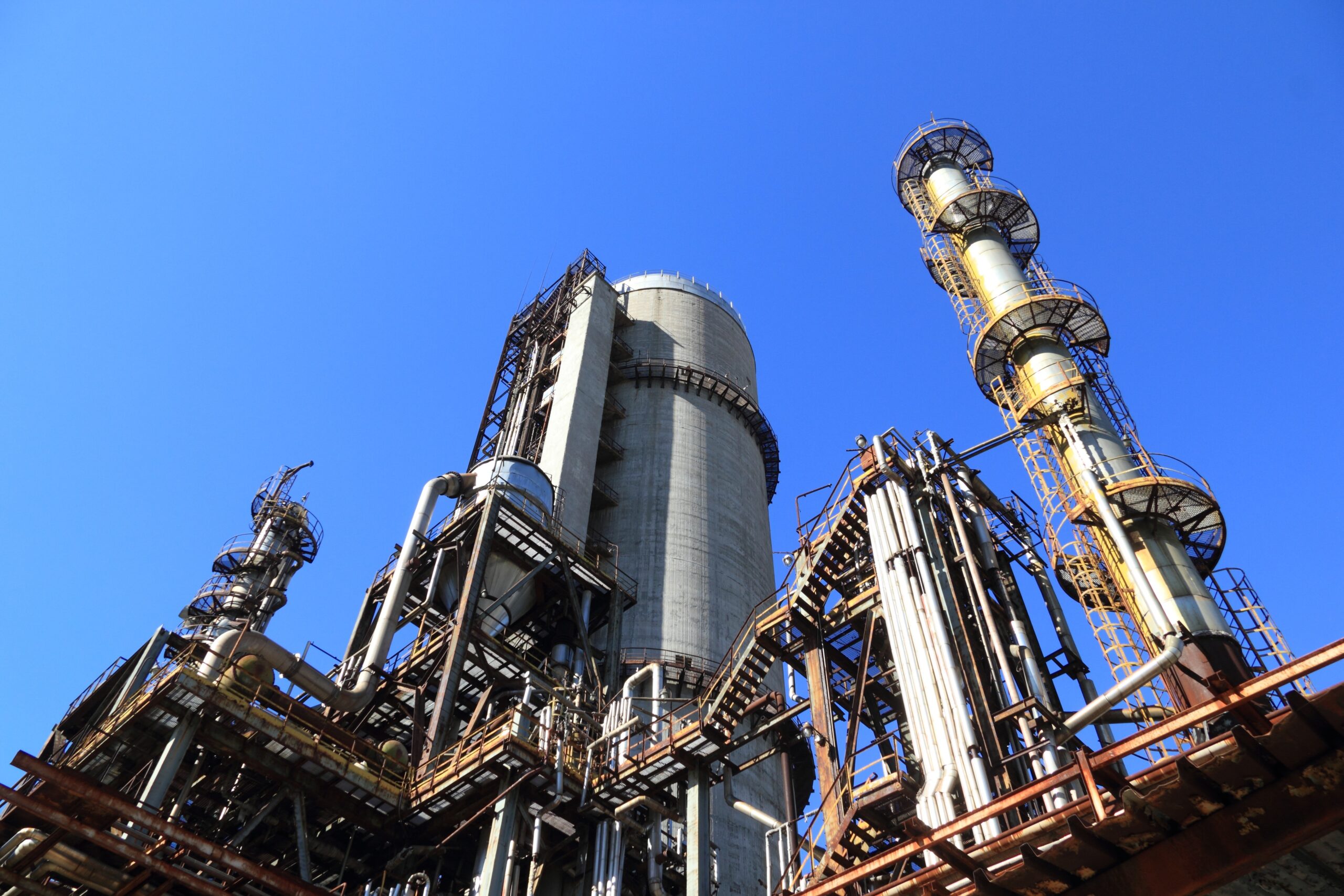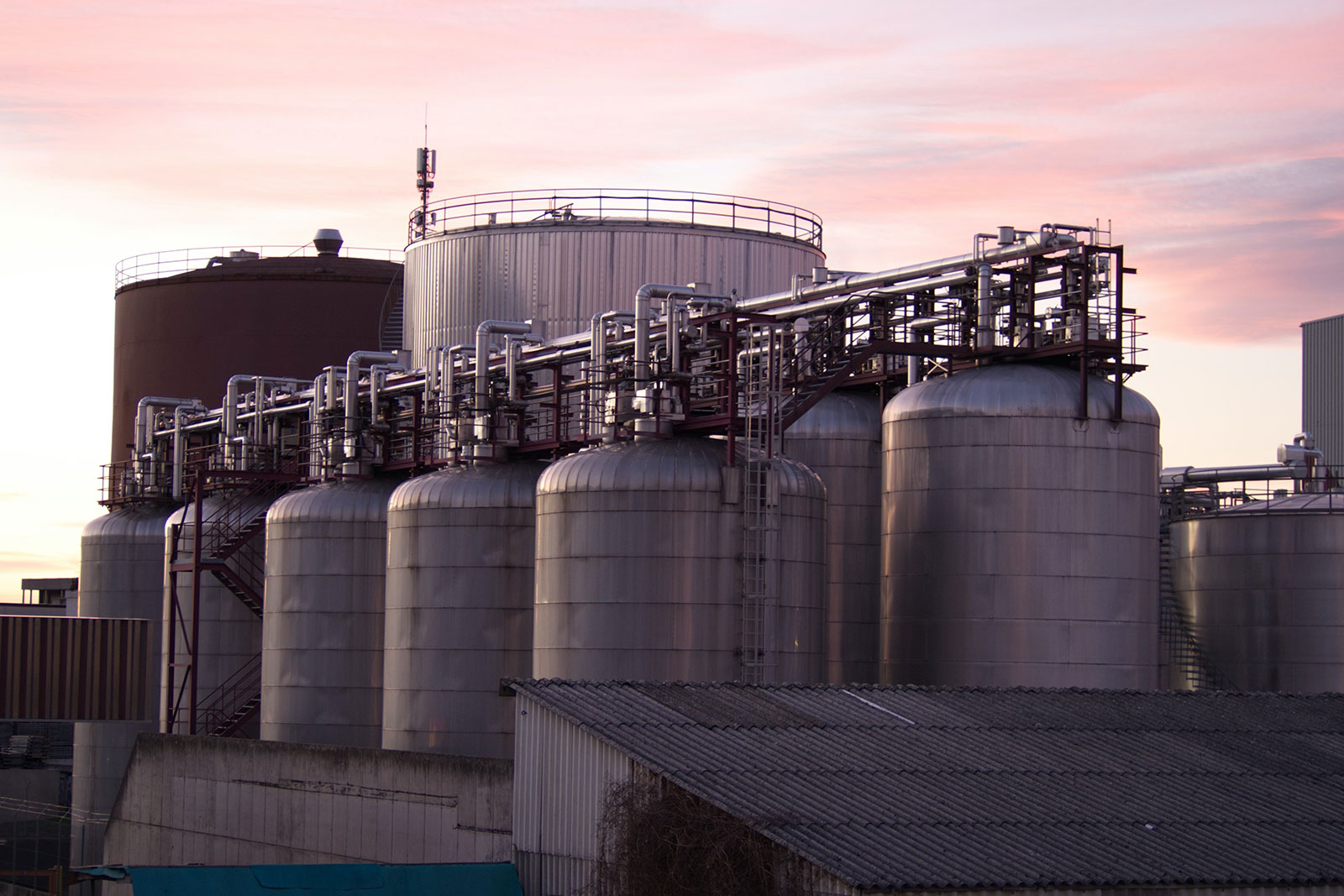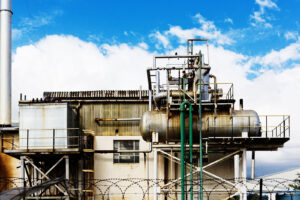Environmental circumstances can have a strong impact on our health and our risk of contracting cancer, and sometimes we don’t realize that our daily surroundings can put us in danger. According to a 2020 study from Dr. Stephen B. Williams, the Chief of Urology and a tenured professor of urology and radiology at University of Texas Medical Branch (UTMB), researchers have found that living in close proximity to oil refineries may increase one’s risk of cancer.
Published in the Journal of the National Cancer Institute, the study showed that a total of 829,774 cancer patients were living in Texas from 2001 to 2014. Of those, 283,604 (34.2 percent) were living within a 30-mile radius of an oil refinery. This correlation increased the closer cancer patients within the radius lived to a refinery site.
After controlling for age, gender, socioeconomic status, smoking, air pollution and oil-well density, the study found an increased risk of all cancer types for people living within 0-10 miles of an oil refinery versus people living within 21-30 miles of a refinery. It also found an increased risk of more aggressive cancers according to proximity. While these are preliminary findings and results are not conclusive, they do add to environmental concerns and considerations for community members.
Williams, along with his research partners, was compelled to study the environmental factors in Texas because the oil industry is such an instrumental part of the state’s economy. In 2019, Texas produced 1.85 billion barrels of oil, making up about 15 percent of the state’s gross state product.
“Texas is home to the largest number of oil refineries, and the present project was an idea from a resident and co-author, Dr. Preston Kerr. He wanted to understand if there was an association of increased bladder cancer related to oil refineries,” Williams explains. He then provided the infrastructure to study other cancers such as lung cancer, breast cancer and prostate cancer.

Justin Williams, of civil litigation firm Williams Attorneys PLLC and author of “Crude, Slick and Deadly: Exposing the Dark Side of Big Oil,” says the fracking and oil industry can greatly affect communities at large.
“Fracking has benefits to the production of oil and gas. However, it must be done with more precautions in place and more concern for the safety of those around it and the environment, including the groundwater and aquifers,” he says. “The dangers of cancer are just now being more fully understood, so safety must be a priority. The community surrounding any fracking must be told of the risks of fracking and the latest knowledge of cancer-causing chemicals and should be entitled to all best safety practices.”
Williams often defends clients who have been affected by the fracking industry and he notes the correlation between cancer and fracking sites. “Cancer clusters are being identified all over the U.S.,” he says. “More often than not, where there is a fracking site, there are higher cancer rates, leukemia, birth defects and other health concerns.”
More often than not, where there is a fracking site, there are higher cancer rates, leukemia, birth defects and other health concerns.
-Justin Williams of Williams Attorneys PLLC and author of “Crude, Slick and Deadly: Exposing the Dark Side of Big Oil"
Williams also identified “red flags” for people living near refineries. Some of these include animals refusing to drink groundwater from lakes or streams; unexplained fish kills in any body of water; unusual amounts of soot or ash on the ground; sick or dead vegetation; higher than normal elder death rates from cancer; and friends, family or neighbors suffering with breathing issues from allergies or asthma.
Although no singular “red flag” is conclusive, observing several in one community could be grounds for further investigation.
While we continue to learn more about this correlation and experts uncover more about the ways that oil refineries can compromise health, we can begin to look more closely at our own environments. Williams wants law officials to take action to protect the health and well-being of citizens. While a handful of Texas oil refineries reported cancer-causing benzene levels up to 148 percent above the legal limit, for example, no legislative matters have been taken yet. The UTMB study will hopefully result in action for refinery exposures as seen in other states around the country.
“Federal, state and local laws can make sure refineries and chemical plants have to monitor all air and water pollutants escaping from the plant and be required to minimize all of their neighbors’ exposure,” Williams explains. A safety zone, where no residents own homes around facilities and do not have access to the area within this zone, can also provide less exposure.
“Establishing a safety zone by paying fair market value for the residences and helping relocate these folks to a neighborhood of similar make-up and quality is the least companies can do to protect their neighbors from long-term harm from the industry,” Williams says.
Williams says annual physicals are the best way to monitor overall health and recommends following individual screening guidelines for different cancer types. The National Comprehensive Cancer Network (NCCN) is an excellent resource for patients and providers.
While these research findings are only the beginning, it is a worthy reminder to be aware of one’s surroundings. Until corporations can operate with the safety of community members in mind, remember to schedule screenings and stay on top of your health, stay positive and live healthily. Your health is more important than any profit margin and we hope to see changes and legal action where it is due in the near future.
Justin Williams’ “Crude, Slick and Deadly: Exposing the Dark Side of Big Oil” will soon be available for purchase through Amazon and Barnes & Noble. For more information on screening guidelines through the National Comprehensive Cancer Network, visit nccn.org.







